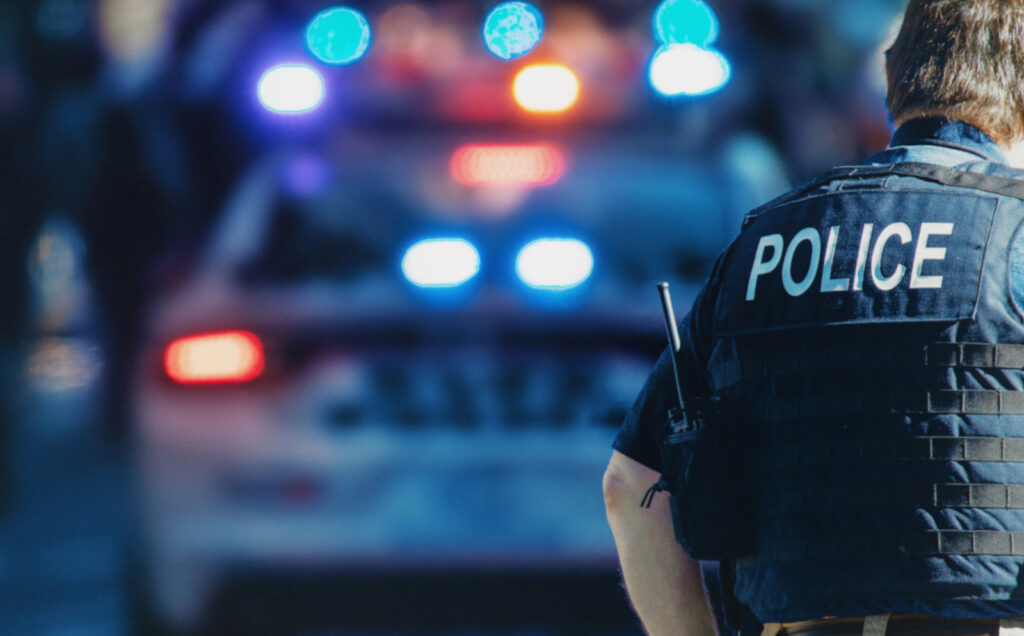Update: The city of Boulder filed a notice of appeal on Jan. 7, 2025.
By Jeffrey A. Roberts
CFOIC Executive Director
The Boulder Police Department is not allowed to charge thousands of dollars in fees for body-worn camera footage requested by the public under Colorado’s 2020 Law Enforcement Integrity Act, a judge ruled Monday.
An order issued late in the day by Boulder County District Court Judge Robert Gunning supports arguments made by lawyers for Yellow Scene Magazine and Jeannette Orozco, whose 51-year-old mother, Jeanette Alatorre, was shot and killed by Boulder officers in 2023.
Yellow Scene and Orozco sued the city over the department’s insistence that they pay $2,857.50 to obtain video of the shooting, contending the state law enacted after the deaths of George Floyd and Elijah McClain does not permit the charging of fees for unedited body-cam footage of incidents “in which there is a complaint of peace officer misconduct.”

Gunning agreed, writing “[t]here is no language providing that payment of fees is a prerequisite to the release of BWC footage.”
While “it is undisputed” the requested body-camera footage is a criminal justice record, the judge rejected Boulder’s argument for charging Yellow Scene and Orozco under the Colorado Criminal Justice Records Act, which lets law enforcement agencies impose “reasonable fees, not to exceed actual costs” for the search, retrieval and redaction of records.
CCJRA only allows fees for criminal justice records “requested pursuant to” that statute, he noted, and a law enforcement agency “is without authority to impose a fee when, as here, a request for BWC footage is made under the Integrity Act.”
“Had the legislature intended for law enforcement agencies to charge a research or retrieval fee in response to an Integrity Act request for BWC footage, it easily could have included such a provision in the Integrity Act,” Gunning wrote. The legislature could have cross-referenced CCJRA’s fee provision in the Integrity Act, he added, or it could have amended CCJRA to say that CCJRA’s fee provision also applies to requests for body-cam footage made under the Integrity Act.
The two statutes “operate independently of each other,” the judge concluded, also noting that “the imposition of significant fees as a predicate for public release thwarts” the objective of the Integrity Act “to enhance integrity, transparency, and accountability in policing.”
Under the Law Enforcement Integrity Act, all unedited video and audio recordings of incidents “in which there is a complaint of peace officer misconduct … through notice to the law enforcement agency involved in the alleged misconduct” must be released to the public no later than 21 days after a request is made. An agency can delay the release of video until 45 days from the date of an allegation of misconduct if the video “would substantially interfere with or jeopardize an active or ongoing investigation.”
Redactions are allowed if a video “raises substantial privacy concerns” for criminal defendants, victims, witnesses, juveniles or informants. This could include video depicting nudity, a sexual assault, a mental health crisis, a medical emergency or a “significantly explicit and gruesome bodily injury, unless the injury was caused by a peace officer.”
Gunning also rejected an argument made by the city that Yellow Scene’s interpretation of the law would have the Integrity Act “imposing an unfunded mandate” that local governments could view as optional. “This argument is unavailing,” the judge wrote, because the legislature appropriated $2 million in 2020 for a body-worn camera grant program, and it intended to make compliance with the Integrity Act’s footage-release provision mandatory by using the word “shall” in the statute.
Yellow Scene and Orozco are represented by Boulder attorneys Matthew Simonsen and Dan Williams.
Follow the Colorado Freedom of Information Coalition on X (formerly Twitter) @CoFOIC. Like CFOIC’s Facebook page. Do you appreciate the information and resources provided by CFOIC? Please consider making a tax-deductible donation.




